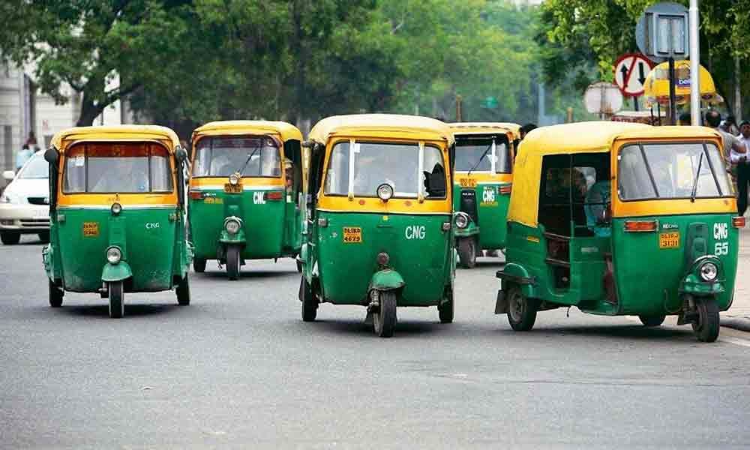The Delhi High Court on Wednesday upheld the validity of notifications issued by the Union of India levying goods and services tax (GST) on auto rickshaw and bus services booked through e-commerce platforms like Ola and Uber. A division bench of Justice Manmohan and Justice Manmeet Pritam Singh Arora observed that the notifications do not create an unreasonable classification on the basis of...

